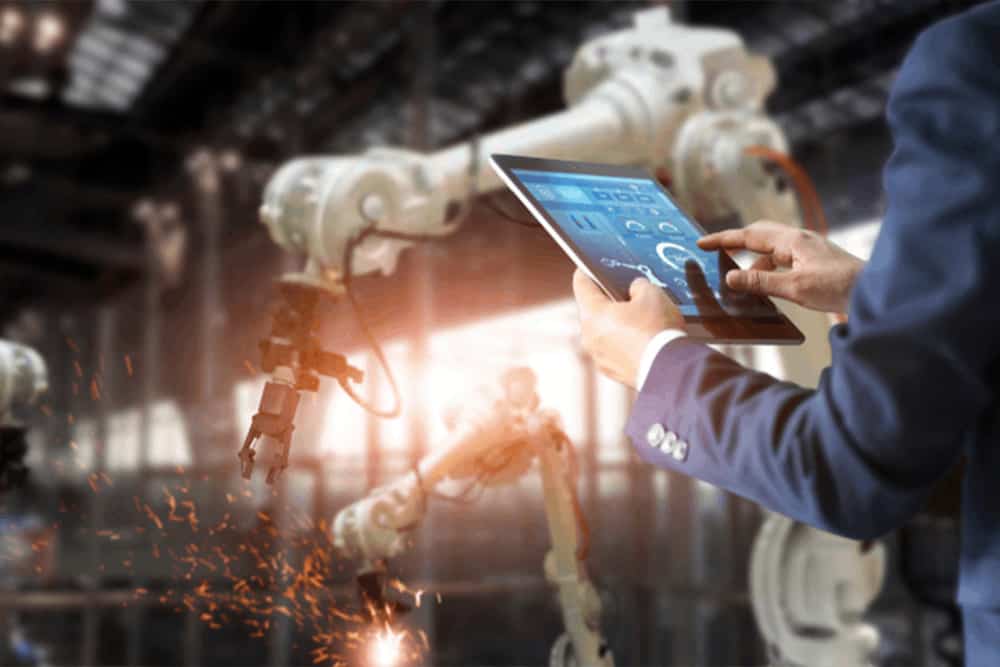L'intelligence artificielle redéfinit la gestion de la chaîne d'approvisionnement face à l'augmentation des droits de douane.

Andrew Bell, senior product executive at "Kinaxis," a supply chain management software company, explained that companies are using artificial intelligence technologies to evaluate their products and raw materials, as well as analyze external factors such as news and economic data.
According to CNBC, Bell stated: "Using this information, we can start conducting some simulations, such as: if a specific part in your construction materials is subject to high customs duties, what happens if you replace it with another part? What is the overall impact?"
These moves were in response to recent U.S. customs duties, which led major companies like Walmart and Nike to adjust their pricing strategies and supply chains, at a time when U.S. imports reached $3.3 trillion last year.
Zack Cass, futurist expert and former head of product launch strategies at OpenAI, highlighted at the "Ambrosity" forum in Italy that customs fluctuations present an ideal opportunity to rely on artificial intelligence.
Cass said: "The uncertainty surrounding U.S. customs procedures likely presents an ideal opportunity for artificial intelligence to shine."
He added that these technologies provide a practical solution in the face of the difficulty of relying on traditional methods, especially with the inability to quickly adapt the workforce.
On the other hand, Narendar Bandaru, managing partner at "Wybro," revealed that the company's clients rely on artificial intelligence solutions to manage supplier strategies and dynamically adjust trade routes.
Bandaru explained that "Wybro" uses a variety of artificial intelligence systems, from large language models to computer vision technologies, to monitor cross-border transportation operations.
While not disclosing the identities of the clients, Bandaru indicated that they include major companies in the electronics and automotive parts sectors, emphasizing that artificial intelligence enhances business strategies without replacing them, stating: "Artificial intelligence is a powerful enabling tool, but not a magical solution... it enhances strategies by transforming global trade from a reactive challenge to a proactive advantage."
Artificial intelligence has been a top investment priority for global companies even before the recent customs duty increases, as a study by Capgemini showed that the majority of business leaders consider it one of the most important technologies to enhance by 2025.
Ajay Agarwal, partner at "Bain Capital Ventures," affirmed that data quality remains a critical factor in the success of artificial intelligence solutions, pointing out that one of the portfolio companies, "Forcates," helps companies assess the logistical impacts of changing suppliers using artificial intelligence.
He warned that reducing customs duties may come at the expense of increased shipping costs and delivery times, highlighting the importance of balance in making strategic decisions.